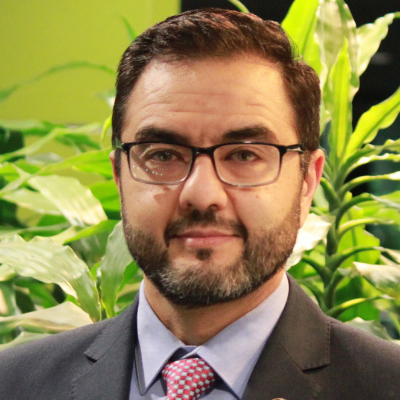 Dr. Daniel Eghbal
Dr. Daniel Eghbal
Manager – Future Network Strategy
Energy Queensland
- Outlining the business case for the Microgrid and Isolated Test (MIST) Facility and the aims Ergon Energy has regarding uptake and advancement of new technologies
- Identifying the impacts widespread renewable energy generation in remote communities will have on energy security
- Reviewing energy storage solutions, including microgrids and stand-alone power systems, to determine which is best placed to offer seamless integration into the energy network
 Alan Louis
Alan Louis
Principal Engineer Technology Innovation
Ergon Energy and Energex
- Examining how integrated control and protection support improve asset management?
- Highlighting some of the significant benefits of introducing smart substations, and what makes them more efficient and cost-effective than regular substations?
- Understanding the ways automation and optimisation of existing substations support environmentally sustainable energy transmission
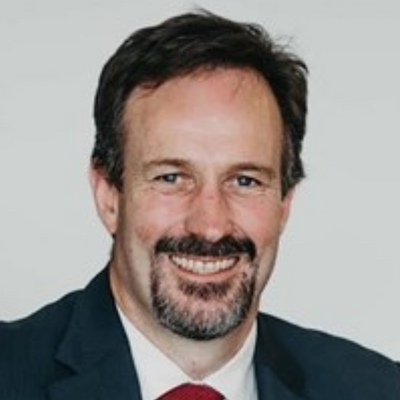 Gordon Taylor
Gordon Taylor
Executive General Manager – Major Projects
Transgrid
- Australian grids are transitioning towards weak grids as more asynchronous sources are connected. This requires the implementation of more reactive power sources for voltage support as inverter-based resources (IBR) have limited fault capacity and var capacity for voltage correction. The increased penetration of IBR can be expected to result in the amplification of inter-area voltage and frequency oscillations—and these will not necessarily be restricted to small signal phenomena. New schemes in protection engineering will have to deal with the parameters governing under-frequency load shedding rather than only relying on dynamic restraining of UFLS relays in distribution network feeders with reverse power flow. The presentation will focus on the measurement and analysis of synchronously measured network parameters as the basis for the management of network stability and will possible control paradigms that should be based on real-time observations rather than only on network models.
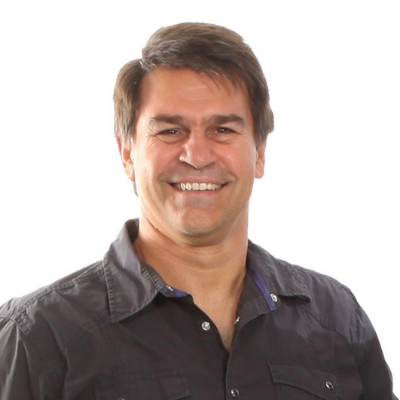 Willie van Wyk
Willie van Wyk
Managing Director
CT Lab
- Addressing the barriers to increased capacity utilisation of renewable energy
- Examining existing transmission infrastructure and examining whether fossil fuel plants should be retrofitted to maximise the use of renewables
- Assessing long-range demand and evaluating the available options for expanding the capacity and transmission of renewable energy
 Daniel Andersen
Daniel Andersen
General Manager – Energy Markets
Powerlink Queensland
- Discussing the future of Australia’s energy generation facilities and the importance of decarbonisation as the world moves toward a zero-carbon future
- Examining how energy, standing energy, and transportation each has a role to play in decarbonisation through using renewables, developing new fuel sources, or employing the use of electric vehicles
- Highlighting the ongoing work being done to decarbonise the grid and support a zero-carbon, just, and equitable future
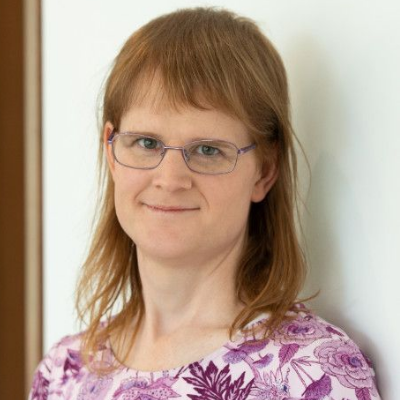 Laura Jones
Laura Jones
Senior Analyst, ANU Battery Storage and Grid Integration Program
Australian National University
- Exploring what it will take for renewable energy to provide stable services for the power system
- Examining the impact renewables are having when it comes to managing supply and demand on the grid
- Examining the lessons learned in the development and construction of the Blue Grass Solar Farm
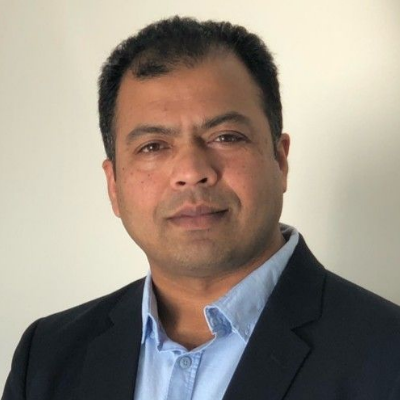 Dr Mahbub Rabbani
Dr Mahbub Rabbani
Grid Connection Manager
X-Elio
- Clarifying the potential increase in energy demand that will come from widespread use of electric vehicles and determining best practice strategies to prepare for it
- Addressing power reliability on the grid as the use of electric vehicles increases
- Determining whether the Australian grid can support widespread adoption of electric vehicles while moving towards a zero-carbon future
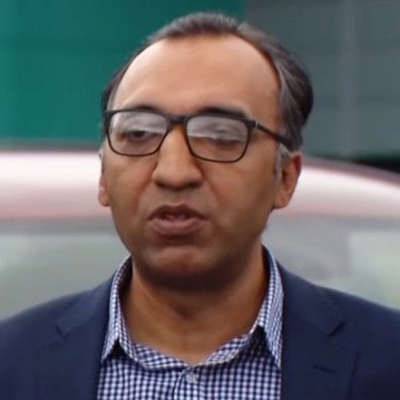 Adeel Rana
Adeel Rana
Future Network Team Leader
TasNetworks
- Determining strategies to plan a grid for the future in uncertain times
- Examining how the use of microgrids can reduce widespread power outages during natural disasters such as bushfires
- Addressing vulnerabilities in traditional infrastructure with new programs for improved energy security
 Janica Lukas
Janica Lukas
Distribution Grid Strategy and Planning Manager
Western Power
- Introduction of IRENA
- IRENA’s work on Grid integration
- Insights from our Grid Assessment study for Mozambique
- Examining international trends in frequency management in high renewable generation systems, including approaches to maintaining sufficient inertia-Experiences from the UK and Ireland.
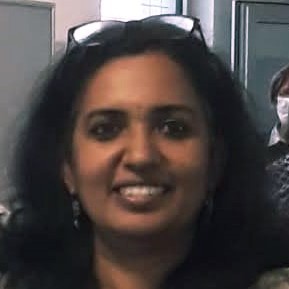 Dr Gayathri Nair
Dr Gayathri Nair
Associate Program Officer
International Renewable Energy Agency (IRENA)
Time: 6:30pm -9:30pm - (arrive for 6:30pm canapes and drinks)
Venue: The Pavilion, Arts Centre (100 St Kilda Rd)
Map: Located on the river, about 10 min walk from MCEC - Getting Here | Arts Centre Melbourne
Cost: $225, inclusive of canapes, 3 course dinner and drinks

